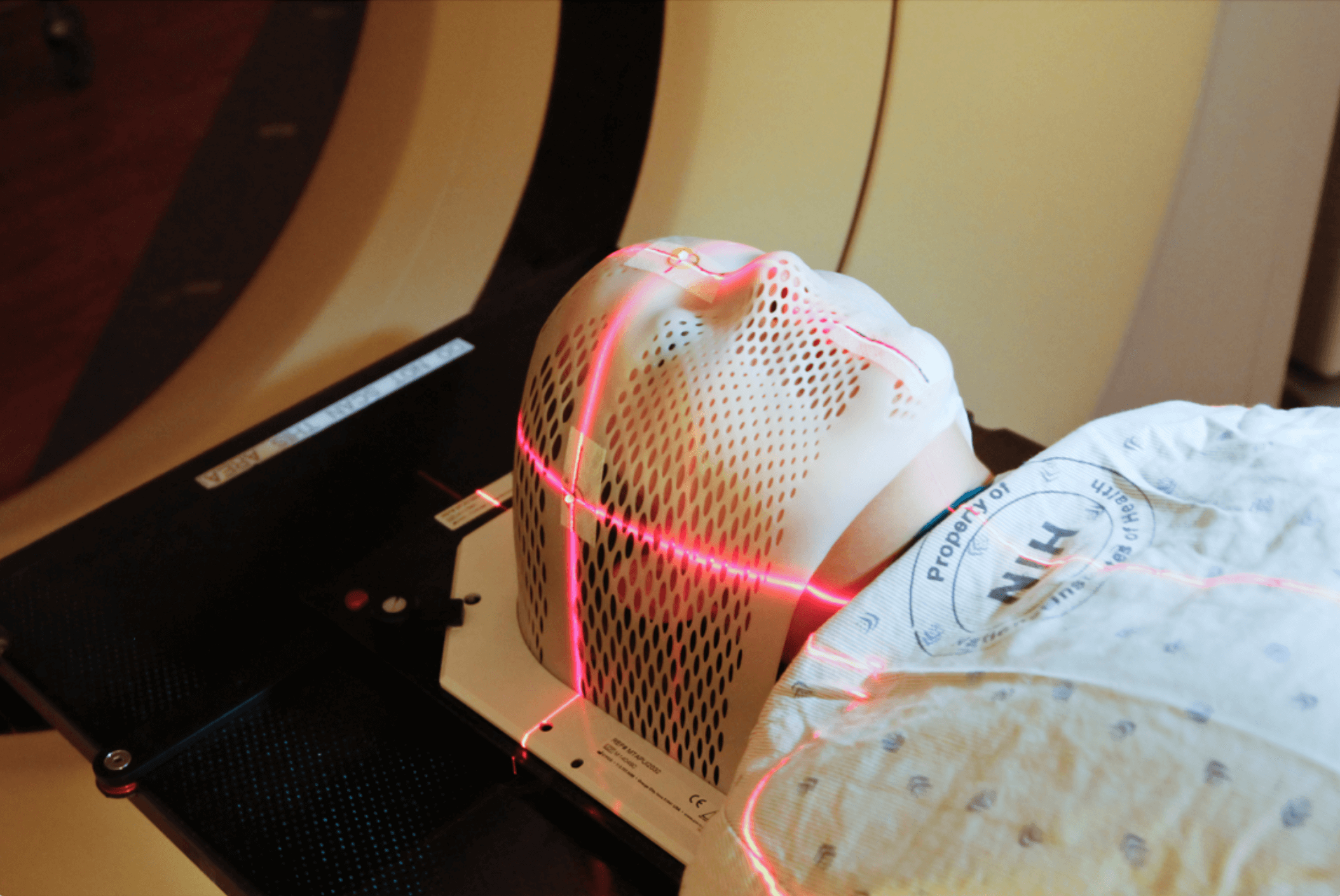With the popularization of theories from big names like Sigmund Freud and Carl Jung into pop culture phenomena like TV shows and movies, Psychology is more popular than ever, especially among university students. Not only does the degree bring good job opportunities, the degree options available are extensive: you can pursue a general B.A. or B.S. in Psychology or even choose a specific emphasis such as counseling, criminal psych, developmental psych, or life coaching. With the plethora of options, I often see students get confused about the nature of each degree, hindering their chances of getting into the university and programme of their dreams…
Part of the difficulty comes from the different terminology used to describe psychology undergraduate programmes in the UK and the US. The terms often don’t reflect the particular nature of the programmes, so it is very important for students to do proper research before applying. As a consultant with plenty of knowledge in this subject area, I regularly inform and advise our students about their choices as clearly as possible.
Without further ado, let’s take a look at these programmes together!
Bachelor of Science in Psychology (B.S. or BSc.)
If you were to study a Bachelor of Science degree in Psychology, your undergraduate life will be very experiment and research based. You will learn to become an experimental psychologist, studying behavior and the mind, conducting scientific experiments and research on both humans and animals. In order to gain insights into the human psyche, you will study a variety of topics, including cognition, memory, sensation, perception, motivation, learning, emotions, developmental processes, the effects of substance abuse, and genetic factors that affect behavior. Most experimental psychologists work in academic institutions like colleges, universities or research facilities, both private and government funded, after they graduate.

Experimental psychology is almost exclusively a research field, and the researchers are usually free to perform more abstract, theoretical and experimental research than psychologists from other fields. It is likely to produce less concrete results, but is at the same time more likely to produce revolutionary results.
My best friend while I was at Oxford studied Experimental Psychology, so I frequently participated in her research projects (in exchange for free pizzas and 20 pounds an hour), and we often discussed biochemistry and neuroscience together. There was a time when she shot EM waves into a specific region of my brain to investigate whether I could recognise certain patterns shown prior, influencing the way my brain would interpret neurological signals. This is a prime example of what experimental psychologists investigate on a daily basis. If you’re interested in doing these kinds of experiments and research, then a B.S. in Psychology is for you.

Most of the top universities in the UK like Oxbridge, UCL and St. Andrews almost exclusively offer more experiment-based Psychology courses instead of more psychoanalysis based psychology courses. B.S. in Psychology is also offered in most universities in the US as well.
Bachelor of Arts in Psychology (B.A.)
On the other hand, if you’re looking into a Bachelor of Arts in Psychology programme, these degree programmes prepare you to enter professional careers related to psychology after you graduate. Students seeking a B.A. in Psychology can take elective classes in many fields, including the humanities and social sciences. This leads to a greater breadth of knowledge in topics related to the psychology field and more freedom to pursue related areas outside of psychology post-graduation.

B.A. in Psychology in the UK is very uncommon among the top universities, with the notable exception of the University of Oxford offering the course. However, it is the most misleading as the course offered by Oxford is entirely experiment and research based, contrary to what the name suggests. B.A. in Psychology is a common degree offered in the US, with virtually all universities offering the course.
Career Prospects
A lot of people associate the study of psychology with therapy. However, only a small fraction of the undergraduate population pursue this path after they graduate. In most cases, to become a clinical psychologist, you need a bachelor’s degree, a doctoral degree, plus 1-2 years of training and licensing.
As mentioned before, some graduates with a B.S. or B.Sc. in Psychology go into academia and work in universities or government research facilities. However, that’s not the only career pathway for them. There are many other common careers where a degree in Psychology can be beneficial: marketing, journalism or public relations and forensic psychology are fields that many psychology graduates also enter. Some go on to study alternative graduate programmes like counseling, law, teaching, speech language pathology, public administration, and more. With psychology studying the fundamental operations of the human mind, the skills and knowledge from these degrees are universally applicable.

In conclusion, B.A. and B.S. in Psychology are in fact very different programmes which pursue distinct knowledge. It is always beneficial to look into details of specific programmes before making the important decision to apply. Nevertheless, it’s hard to go wrong with Psychology, which is often one of the most popular majors within top universities like Yale, UCLA, and Oxbridge.
Quantum Prep is an education consultancy that focuses on placing their students at the best colleges or universities. We boast of diverse results. In addition to the traditional rap sheet of prestigious university acceptances, our consultants like to highlight the different paths they have sent students on. All of our students are different; we are proud of our one-on-one tailored approach towards university counselling. Contact us for a complimentary 30-minute initial meeting, where you can get tailored individualized advice on how to put your best foot forward. Read our reviews to see what our clients think of us.
By Anson Chung, Admissions Consultant
Published 26-04-2022
